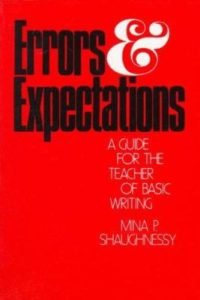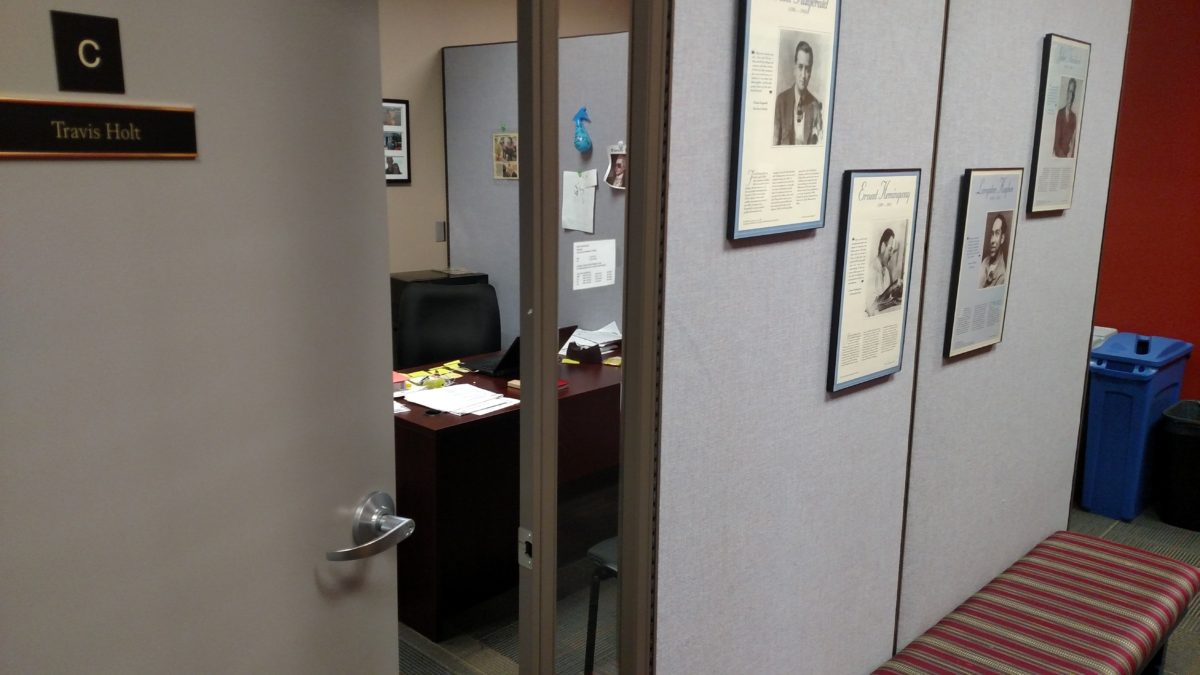
Most people cannot mention Mina Shaughnessy without including “basic writer” in the same context, and Ritter’s (2008) article, “Before Mina Shaughnessy: Basic Writing at Yale, 1920-1960,” acknowledged just that; however, Ritter (2008) delved further into the history of “basic writer” to combat some overgeneralizations, including Shaghnessy’s (1977), regarding who that is. While most do not associate “basic writer” with Ivy League schools, Ritter (2008) demonstrated just that when discussing the “Awkward Squad,” a group of basic writers who received additional yet isolated instruction to prepare them for the coursework, at Yale University. What Ritter (2008) argued is the idea that this group derives from a student population of privileged, white-male students, which revealed Shaughnessy’s definition of “basic writer” in the 1970s as somewhat limited. While the Civil Rights movement influenced Shaughnessy’s definition of “basic writer” due to the influx of African American and female students at American universities (1977), Ritter (2008) noted the paradigm shift to more German structured research universities and the efforts by those institutions to increase student enrollment for financial stability was the reason for earlier “basic writers” in the early 1900s. Yet her work also detailed how the curriculum of the basic writer course evolved, showing focus not only on grammar instruction but also on argumentation and literary appreciation. Ritter (2008) contended that this mixed curriculum exhibited early signs of modern basic composition courses, moving from “drill and grill” to more nuanced approaches.
The explanation Ritter (2008) provided, which also connects to Mendenhall’s (2011) discussion on Composition in the American university at the turn of the century, highlighted the early pedagogy of composition and how it eventually exhibited signs of a paradigm shift closer to the middle of the 20th century. Yet what I really appreciated about the article is how Ritter (2008) went beyond Shaughnessy (1977), who many credit with bringing the “basic writer” into the discussion and identifying him, and documented earlier basic writers created by the shift, thus connecting their narrative to the much broader history of Composition studies. . While cultural environments must be included in our discussion of basic writers, Ritter (2008) noted that this cannot be the only factor in identifying them. I currently teach several Basic Writer courses, so seeing how the history of Composition connected to an area I teach on a daily basis helped me visualize where current pedagogical practices came from. This, in addition to Mendenhall (2011) and my prior knowledge of Harvard’s composition program, exhibited different experiences with a common event, which was the shift to a German university model and the American university’s efforts to adjust. While OSU adapted under the leadership of Denney (Mendenhall, 2011), Yale and Harvard both seemingly struggled to adapt. The mixed curriculum in the Basic Writing classroom was a result of traditional practices and the push for the FYC. Part of the course goals for ENGL 810 is to analyze the complexities of English studies, and just between the articles I have read, I can see how complex the situation can be for one field, especially if this much diversity existed between how three universities approached the same change. What I have gathered from the readings has been the danger in limiting terms to basic, or even convoluted, definitions because this more often excludes and hinders progress in Composition studies.
Reference List
Mendenhall, A. S. (2011). Joseph V. Denney, the Land-Grant Mission, and Rhetorical Education at Ohio State: An Institutional History. College English, 74(2), 131-156. Retrieved from http://www.jstor.org/stable/23052356
Ritter, K. (2008). Before Mina Shaughnessy: Basic Writing at Yale, 1920-1960. College Composition And Communication, 60(1), 12-45. Retrieved from http://www.jstor.org/stable/20457043
Shaughnessy, M. (1977). Errors and Expectations: A Guide for the Teacher of Basic Writing. New York: Oxford UP.
